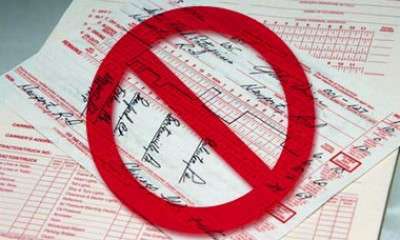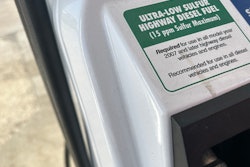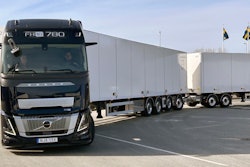
The Federal Motor Carrier Safety Administration has decided to mandate electronic onboard recorders on motor carriers that are shown in a single compliance review to be in serious noncompliance with any major hours-of-service regulation. The final rule takes effect on June 4, 2012, giving EOBR suppliers time to adjust to the new performance standards that also were adopted in the final rule.
The rule – to be published Monday, April 5, in the Federal Register – is significantly more stringent than the regulation proposed in January 2007 when the agency planned to mandate EOBRs based on a review of HOS records during each of two compliance reviews conducted within a two-year period. FMCSA estimates that nearly 5,700 interstate carriers will use EOBRs after the final rule’s first year of implementation. In January 2007, the agency estimated that approximately 930 motor carriers would be subject to mandatory EOBRs. Carriers that would be subject to mandatory EOBRs if the rule were in place today have 40 percent higher crash rates than the general motor carrier population, FMCSA says.
FMCSA also elaborated somewhat on its plans to conduct another rulemaking to expand the scope of mandatory EOBRs due to “the potential safety risks associated with some motor carrier categories, such as passenger carriers, hazardous materials transporters, and new motor carriers seeking authority to conduct interstate operations in the United States.” The agency said it could not adopt a broader mandate in the final rule because the scope of the rulemaking was limited to a compliance-based regulatory approach implemented through a remedial directive.
Under the final rule to be published April 5, if an audit finds that a motor carrier has a violation rate of 10 percent or greater for any major HOS regulation listed in a new Appendix C to part 385, FMCSA will require the carrier to install EOBRs in all of its commercial motor vehicles — regardless of when they were built — and to use the devices for HOS recordkeeping for two years.
The new EOBR performance standards replace the current standards that have been in place for more than 20 years for what previously have been called automatic onboard recording devices (AOBRDs). The new standards will be required for EOBRs installed in CMVs manufactured on or after June 4, 2012, regardless of whether those EOBRs are installed voluntarily or subject to an FMCSA remedial directive.
Carriers using recorders voluntarily may continue to use already-installed devices meeting the previous AOBRD standards for the remainder of the vehicle life. Carriers that are required to install recording devices as a result of poor HOS compliance will be allowed to use AOBRDs if they already have vehicles equipped with them and can establish that their drivers understand how to use them.









